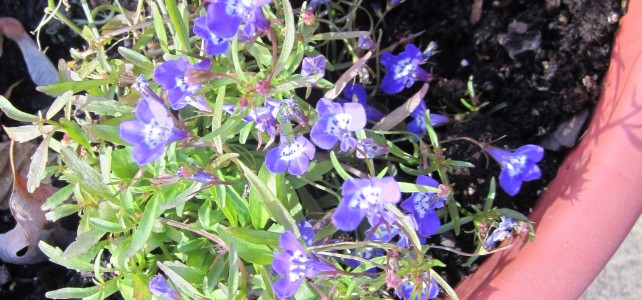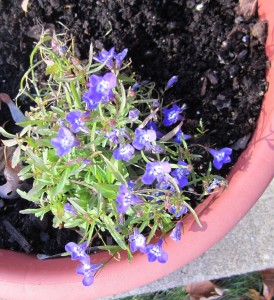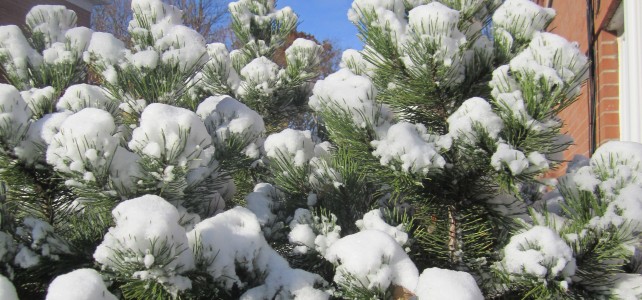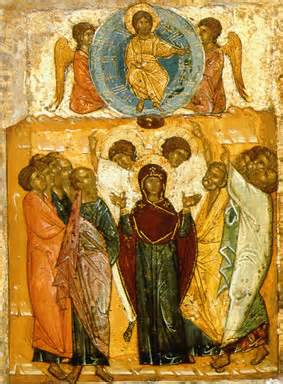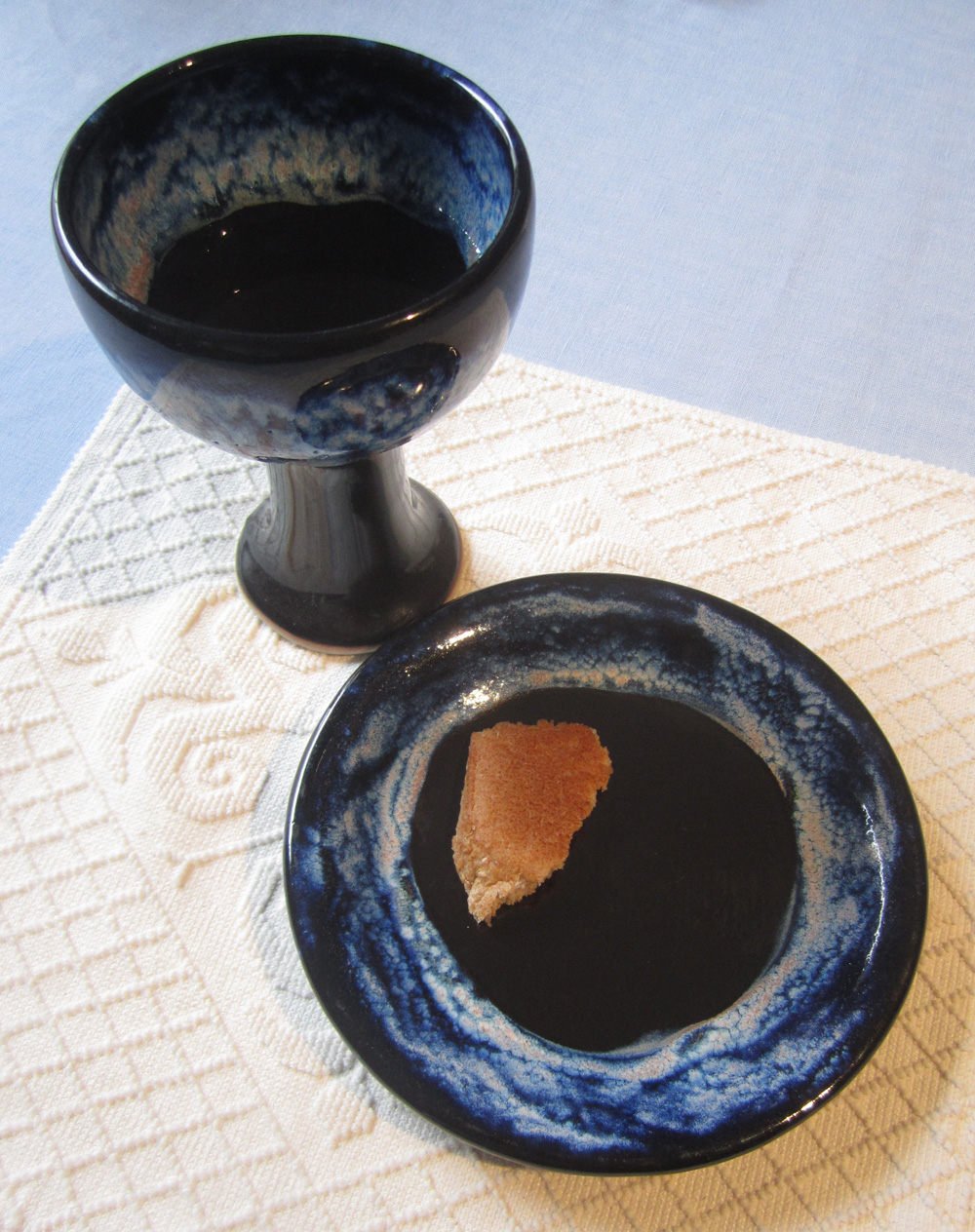
Photo: Mary van Balen
First published in The Catholic Times July 13, 2014 issue
I love the words of the Lord proclaimed by Isaiah in Sunday’s first reading and find them to be a great source of hope. Perhaps it’s the simplicity of the metaphor: Rain and snow and the word of God.
“Just as from the heavens the rain and snow come down and do not return there till they have watered the earth, making it fertile and fruitful, giving seed to the one who sows and bread to the one who eats, so shall my word be….”
Despite countless acres of concrete and asphalt that stretch and tangle around the globe, the majority of rain and snow that fall from the sky land on ground that can soak it up. Last night, hearing thunder in the distance, I walked outside, pulled up a lawn chair, and watched towering clouds move quickly across the sky. Leaves rustled turning bottom up as the storm blew in.
Potted herbs behind me released wafts of rosemary, basil, oregano, and sage as big cold drops hit their leaves. Birds hurried to shelter and a rabbit scampered quickly across the lawn and under a bush. Rain came harder and I retreated inside, carrying the smell of summer rain.
Eventually, water that isn’t sucked up by vegetation or that isn’t trapped deep below the surface returns to the air. The great water cycle we all studied in grade school science class. The moisture doesn’t disappear, it just changes form for a while until conditions are right, and after gathering in clouds, it drops to the earth once again.
“…so shall my word be” says the Lord. “…my word that goes forth from my mouth; my word shall not return to me void, but shall do my will, achieving the end for which I sent it.”
I think of Jesus, the Word of God, who came and accomplished his mission. Saturated with the One who sent him, he could not help but reveal the Holy Mystery. Jesus lived life in accordance with God’s will: To love unconditionally, loving all and calling them to share in Divine life, as he did. Jesus, the Word of God from before all time, came and watered our souls with Love so they could be fruitful.
God’s word also falls into our selves through words of scripture. As we listen to readings at Mass or ponder them at home, the Truth makes the soil of our hearts fertile, able to bring forth God’s life and love into our daily lives and into the world.
We also are God’s word, a bit of Mystery spoken into flesh sent with purpose. Sometimes, I find myself wondering what mine is at the moment. I’m a mother, daughter, sister, and aunt. I’ve been a teacher, author, and social worker. Still, I wonder: What is the word that I am given to speak in the world today? What am I to do that will “achieve the end for which” I am sent into this “now.”
Sometimes God’s purpose for us seems clear. Perhaps it is parenting years. Or times when we comfort the sick or serve those in our family or circle of friends who need help. Sometimes we may be part of something much bigger than ourselves that makes a visible difference in the world. As I write, we are celebrating the 50th anniversary of President Lyndon B. Johnson signing the Civil Rights Act into law.
Those who were part of that effort from politicians to civil rights leaders, to ordinary people who spoke up and refused to give in to the racist world view…those people were words sent forth from the mouth of God and they spoke their truth.
It’s often in ordinary times that we have difficulty recognizing ourselves as God’s word spoken into the world. It was easier for me when I worked with abused women. Not so clear as a retail associate. Yet, there I am. There we are. In mundane jobs, in ordinary family circumstances, in places we never expected to be.
Simple. Like rain falling from the sky. We do our jobs. We love. We persevere. And the Civil Rights Acts becomes law, or a child learns to read, or a food pantry is stocked, or dinner is prepared, or a lonely soul receives a smile.
I don’t know the details of God’s plan. I know it is about loving and service. And that Holy Word and blessed rain of Grace will fall into our hearts and make it come to be.
© 2014 Mary van Balen



